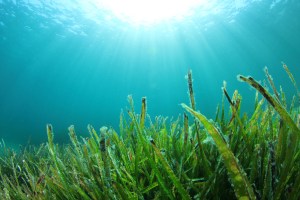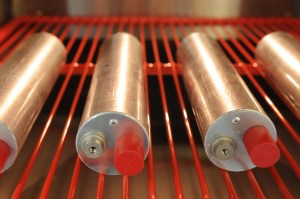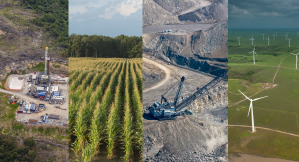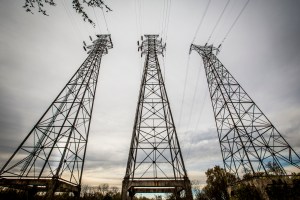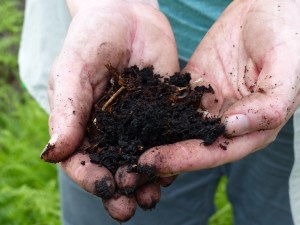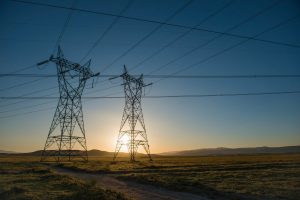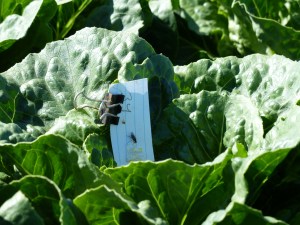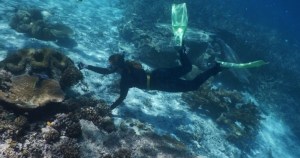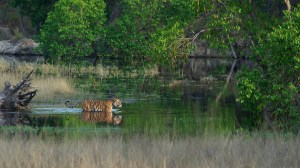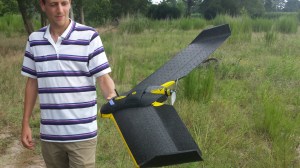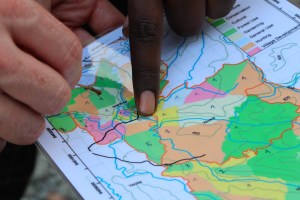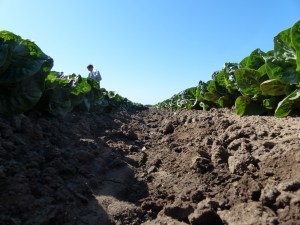Discover stories in NatureNet Fellows
New Science Shows Seagrass Meadows Suppress Pathogens
After a bout of illness in Indonesia, scientists discover that seagrass meadows have bacteria-fighting superpowers that benefit people, fish and invertebrates.
Batteries that Run on Blood?
Yes, blood—specifically the part of hemoglobin that transports oxygen—significantly improves lithium-oxygen battery efficiency.
Energy Sprawl is the Largest Driver of Land Use Change in the U.S.
The development of new land area required for energy production is, and will likely continue to be, the largest driver of land use change in the U.S. for the foreseeable future.
Progress in the Search for Better Battery Tech
A new paper by Conservancy NatureNet Science Fellow Won-Hee Ryu may ultimately help scientists overcome one of the most intractable technological obstacles to wholesale adoption of clean energy.
A Dirty Solution to Cleaning the Atmosphere
Soils have twice as much carbon as the atmosphere. Which means there’s a lot of interest in figuring out if soil can hold even more carbon—to help fight climate change.
R&D for a Future Powered by Clean Energy
Building a Better Battery: NatureNet Science Fellow makes a breakthrough in the effort to build cost-effective and energy-efficient ways to store clean energy on the world's power grids.
Nature Doesn’t Hurt Farmers, It Helps
If removing habitat from farms doesn’t improve food safety, are other practices equally as ineffective, or worse, potentially damaging to farmers? A new study says yes.
Adventures in Alternative Energy: Giant Clam Edition
The world's largest clams may well hold the missing link to large-scale production of clean biofuels from algae.
Connecting the Tigers
A new study by NatureNet Science Fellow Trishna Dutta and her colleagues shows some surprising — and hopeful — findings for protecting India’s tigers.
Field Test: Can We Use Drones to Monitor Water Quality?
A Day in the Field with Drones: NatureNet Science Fellow Essayas Ayana reports on a field experiment to test the potential of UAVS to measure water quality.
Bioacoustics for Conservation Land-Use Planning
Conservancy scientists are using innovative acoustic sampling data to inform conservation land use planning in Papua New Guinea’s rainforests.
The Verdict is In: We Can Grow Safe Food and Conserve Nature at the Same Time
A new paper by Conservancy NatureNet Science Fellow and lead author Daniel Karp shows that removing habitat around farm fields does not make food safer. In fact, it may have the opposite effect.
